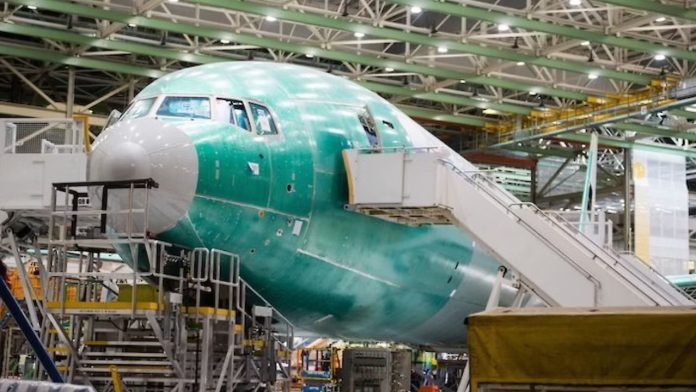New Delhi: India’s ambition to achieve self-sufficiency in aerospace manufacturing is advancing, with the Tata Group playing a pivotal role.
While India is emerging as an exporter of aerospace components, manufacturing its civil aircraft remains a long-term goal. The Tata Group has made notable progress, partnering with European aviation giant Airbus through Tata Advanced Systems (TASL) to establish a Final Assembly Line (FAL) for H125 helicopters in Kolar, Karnataka.
This will be India’s first privately led helicopter assembly unit, producing Airbus’ top-selling civil helicopter for India and its neighbouring regions. Globally, only France, the United States, and Brazil have such facilities. This initiative follows TASL’s joint C-295 aircraft manufacturing facility in Vadodara, Gujarat, marking India’s first private-sector FAL for military aircraft.
Prime Minister Narendra Modi has stated that the Tata-Airbus complex can pave the way for civil aircraft production, aligning with India’s aviation ambitions. While Hindustan Aeronautics Limited (HAL) is developing a 19-seater civil aircraft, building a full-scale commercial passenger aircraft is a much larger challenge. China’s COMAC C919, a competitor to the Airbus A320neo and Boeing 737 MAX 8, only took to the skies after decades of development and still relies on Western technology.
Union Civil Aviation Minister Kinjarapu Rammohan Naidu has proposed a Special Purpose Vehicle (SPV) in collaboration with industry and government experts to drive the production of civil aircraft. However, sourcing components internationally will be essential initially. With India’s growing middle class, air passenger traffic is expected to rise by 6.2% annually until 2040, outpacing the global average of 3.9%. Indian airlines have ordered over 1,200 aircraft but will require an additional 2,210 new aircraft over the next 20 years. Despite the challenges—including the need for massive investment, technological advancement, and integration of stakeholders—the Tata-Airbus ventures strengthen India’s manufacturing base, bringing the country closer to its long-term goal of building commercial aircraft domestically.




